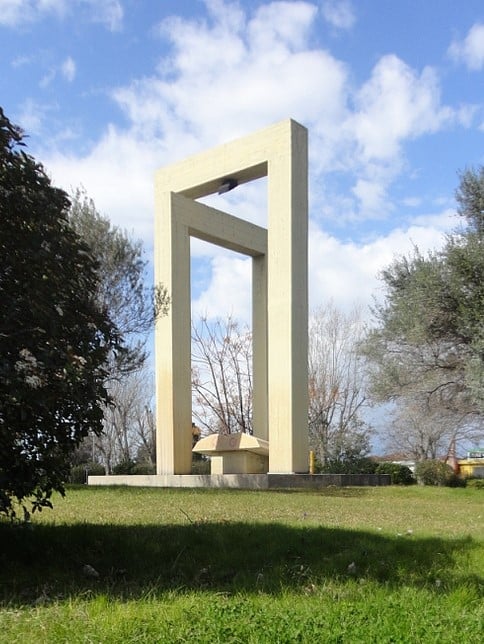Το Δι-Ιδρυματικό Μεταπτυχιακό Πρόγραμμα Σπουδών
(ΔΠΜΣ Τμήματος Χημείας και Ινστιτούτου Βιοεπιστημών & Εφαρμογών ΕΚΕΦΕ “Δημόκριτος”)
Εφαρμοσμένη Βιοχημεία:
Κλινική Χημεία, Βιοτεχνολογία & Αξιολόγηση Φαρμακευτικών Προϊόντων
στο πλαίσιο του
“Κύκλου σεμιναρίων προσκεκλημένων ομιλητών”
που διοργανώνει
την Πέμπτη 13 Ιανουαρίου 2022 και ώρα 13:00
σας προσκαλεί στη διαδικτυακή διάλεξη της
Prof. Patricia ROUSSELLE
CNRS, Lyon, France
με θέμα:
Cell/microenvironment cross talk and tissue repair
σε σύνδεση μέσω zoom:
https://upatras-gr.zoom.us/j/5583501511?pwd=M2cyNjdWMFdQeEFjSVpsb1NZWDgzQT09
Short cv: Prof Patricia Rousselle is research director at the National Centre for Scientific Research (CNRS) in France and her research is focused on understanding cell / extracellular matrix interactions in the context of skin biology. Developing both biochemical and cell biology approaches, her group is interested in analyzing molecular and cellular events occurring during wound repair, focusing on cell adhesion, migration processes governed by extracellular glycoproteins and proteoglycans. Her recent work has focused on the interactions of basal keratinocytes with extracellular matrix components during the re-epithelialisation phase of wound repair. She is currently past president of the French Society for Matrix Biology, and she is a member of the board of Directors of the European Tissue Repair Society (ETRS). Patricia Rousselle obtained a doctorate in Pharmacy in 1988 and pursued a four-year residency in clinical biology at Lyon University-Hospitals, where she also gained an MSc in Molecular and Cellular Biology in 1990. She started a doctoral training at the Shriners Hospital for Crippled Children in Portland, USA, where she discovered the important dermal epidermal junction protein laminin 332. She thereafter worked at the Cutaneous Biology Research Center in Boston, USA, before she joined the French CNRS in 1995 to set up her own group. Since then, she conducts her research team independently through research funding, partnerships with industry and scientific collaborations.
Short talk description: The formation of complex organs, the organization of cells within them, and the expression of tissue-specific genes require a combination of spatial instructions from the extracellular matrix and intercellular adhesions, together with temporal signals from soluble factors such as growth factors), hormones and cytokines. The precise integration of the resulting intracellular signaling networks drives the principal cellular processes of suppression of apoptosis, cell cycle, migration and differentiation, which are all key to the morphogenesis and function of tissues.
_______________________
Prof. Nikos Karamanos
n.k.karamanos@upatras.gr

